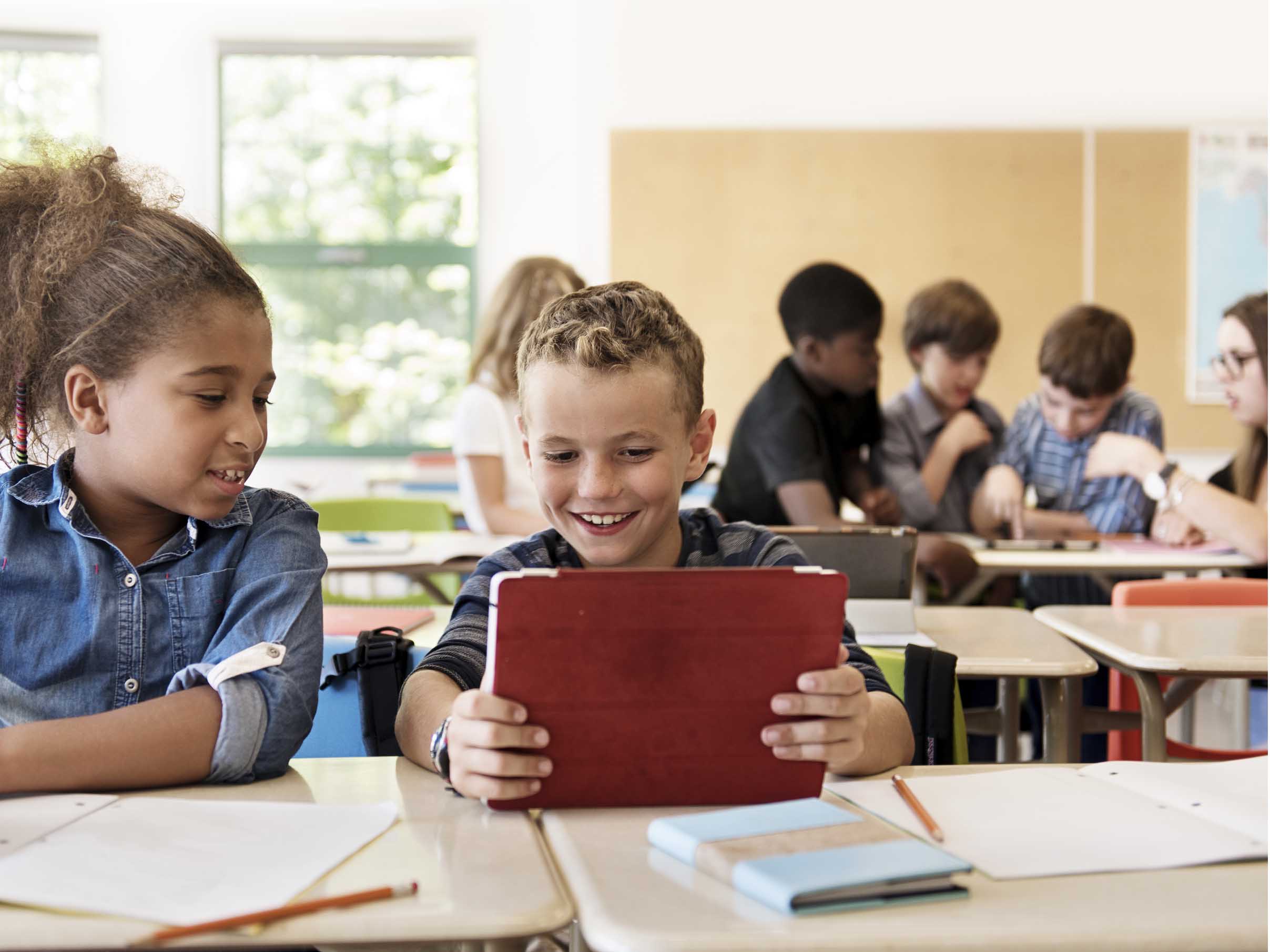Last week as I was talking to a client about some of the ways he could benefit by the social skills group his school had placed him in, I mentioned how work on social skills would help in the classroom including reading comprehension, which he struggles with. He laughed, rolled his eyes, looked at me as if I finally lost my mind, and said, “Miss Carol, we never read in the social skills group.” We never got onto the other classroom benefits from working on social skills because we spent so much time discussing the connection between social skills and reading comprehension, which is the foundation of learning. In addition to the points LeeAnne had made in her blog, What’s Language Got to Do With It?, including making inferences, identifying main ideas, making associations, and vocabulary usage, both academics and social skills also rely on recognizing, retrieving and utilizing our applicable background knowledge; recognizing the background knowledge of others; comprehending what is said and read; understanding the perspectives of others; making predictions; recognizing cause-effect relationships, etc.
In addition to the friendship/social skills that overlap with academics, there is also the need to be successful in the classroom/academic environment which means the ability to do the following:
· Make greetings to others in some way. From observation and report, many of our clients seem to approach others without greeting or making any type of eye contact/gaze. Their body language may also project a lack of confidence or interest in others. While they may approach others this way because they feel uncomfortable, they may appear as disinterested or self-absorbed, which is not the message they typically intend to send. When others perceive them as disinterested or self-absorbed, they may be less willing to engage.
· Talk/communicate to teachers, principals, other school personnel, and peers using appropriate vocabulary, topics, tone of voice, and volume for the conversational partner. This means we need to be able to read the social situation including the “power hierarchy” that exists in the classroom and throughout the school. How often we hear about students getting in trouble in the classroom for disrespecting the adults and peers based on their conversation or style of speaking! Even if someone has difficulty with some of these skills and others are aware of it, people tend to take offense if they feel disrespect is being demonstrated. Over the years, many adults have stated that they have been offended by the rudeness of clients who have been identified as having pragmatic/social language issues.
· Listen, process, and comprehend what others are saying otherwise, not only are we unable to learn from others, we may also appear as though we are not paying attention, do not feel others (or what they say) are important, and we will most likely be unable to contribute something to the interaction which may make us look unprepared or foolish.
· Discuss (verbally and through written language) topics that we may not be interested in. Many of our clients have difficulty knowing how to focus on details of topics to enable them to contribute to conversations if they feel the topic is “boring”, “useless” or even “stupid”. When some of my clients have been asked to talk or write about such topics, they have become upset or even belligerent about why they should. Some of those reactions have been interpreted as being “behavioral” issues rather than difficulty with the ability to deal with less familiar or comfortable topics.
· Accept the opinions of others (peers, teachers, etc. along with people we read about in literature and history) otherwise we may have a challenging time recognizing other possibilities outside our own world which includes the ability to accept the premise of literature that we read.
· State our opinions appropriately rather than offending others by our point-of-view or the ways we state it. If we state our opinions inappropriately, people may be unable or unwilling to listen to anything else we say.
· Participate with peers in groups using the skills that were discussed in my previous blogs on joining and being able to stay in groups. If we have difficulty successfully participating in groups in general, working on group projects would be a challenge. How can you effectively participate in group work if you are unable to accept the opinions of other? Ask questions? Admit you need help and ask for it? See another point of view or possibility? Negotiate? Compromise? There are many skills that are needed to participate in a group project, especially if students need to deal without direct adult supervision. Many of my clients have preferred to do “group” projects on their own because they feel it would be easier than having to deal with peers.
· Fit in with others. Someone who stands out for negative reasons may be ostracized by peers. Reasons that someone could stand out negatively include difficulty with the skills listed above, using inappropriate humor, dressing in a manner that others may ridicule, having interests that peers may ridicule, poor hygiene, inappropriate behaviors (such as nose-picking, passing gas, yelling, swearing, criticizing others, whining, crying, etc.) Many of our clients have felt ostracized in the classroom without realizing the implications of how their own choices result in how they are perceived.
As I will continue to discuss with the client I talked about at the beginning of this blog, there are a lot of benefits in the classroom when we work on social skills. Look for my next blog which will have a list of some books that support social skill development.
Carol A. Walck, M.S., CCC-SLP
